Sessions / Zoom F

Developing a Web Comic to Teach English #144
Comics in Japan are a huge source of entertainment and a pop culture icon that people of all ages love, but comics are also often used to teach in Japan, including language. In 2019, as part of an attempt to serve students at our university with exciting and engaging original materials that they can use for free to learn English and rhetorical content, a yonkoma (or “four panel”) online comic was developed and posted on Instagram over the course of several months. This poster presentation will explore how that comic was developed, how it used language and rhetorical concepts, and how it targeted students.
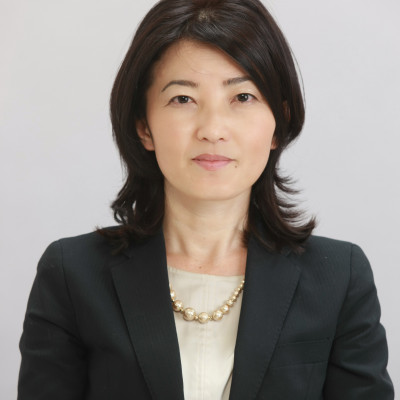
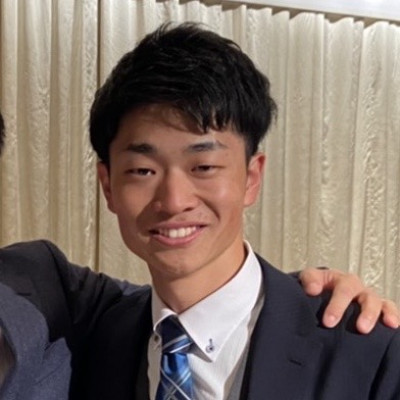
Pre/post study abroad learning in the local community #158
Pre/post study abroad learning for college students does not have to limit itself to classrooms. Given the current situation in Japan, with an expanding foreign resident population, a new opportunity has presented itself: Language exchange between college students and foreign residents in the local community. A preliminary trial called Kokubunji Local has been conducted in Kokubunji, Tokyo. It is a weekly Japanese-English language exchange among people in the Kokubunji area that include college students. It has 37 members from 12 nations. There have been 24 meetings as of February 18th, 2020, with 7 participants for each meeting on average. One meeting usually lasts for 1 hour, half spent on English conversation, the other on Japanese conversation. Kokubunji Local provides college students with opportunities to have casual talks with the participants from diverse background, many of who speak fluent English. Students who plan to study abroad are especially benefited as foreign participants often talk about the cultural differences between Japan and their home countries. Students often realize that not only their English needs to be improved a lot prior to their study abroad but also they should bring conversation topics and entertain the participants. For students who have come back after study abroad, Kokubunji Local provides an opportunity to put their improved speaking skills into practice. A list of suggestions will be presented at the end of the presentation for a further trial at a bigger scale. These will include suggestions regarding how to draw participants, venue, time, facilitators, etc.

Short-term study abroad = tourist training? #160
Short-term Study Abroad programmes organised for Japanese university students are becoming increasingly common. However, the presenter’s experience of organizing and accompanying such programmes over the last twenty years suggests that there is a risk that short-term programmes may dilute the SA experience so that it is no longer recognisably educational. With shopping to be done, sights to be seen, photos to be taken, and social media to be updated constantly, there is little time to learn anything about the local cultural environment or the language(s) spoken.
The presenter will suggest that there is a real danger that these programmes will function simply as training in how to be a tourist. Students learn to be consumers of experiences, to glide over problems and learning opportunities, and to package and label experiences so they have none of the life-changing, perspective-twisting consequences educators associate with SA.
However, he will further suggest that training students to be (responsible, thoughtful) tourists is exactly what we should be doing. Tourism, domestic or foreign, is likely to be in their future: if we can equip them to reflect on and learn from their tourist experiences, we are fulfilling our role as international educators. Drawing on Kolb’s (1984) model of experiential learning, Bennett’s (2012) three paradigms of intercultural learning, and recent findings from neuroscience and cognition, he will propose practical, field-tested activities that both encourage reflection during Study Abroa, and set habits that will enrich any future touristic visits with the potential for cross-cultural learning.

Study abroad: Interest, preferences and awareness #199
There has been an increased focus in Japan on the importance of studying abroad and the role such programs play in the internationalization of universities and the making of human resources able to play an active in a global community. The purpose of this study was to examine (a) student interest levels in studying abroad, (b) student perceptions and preferences relating to studying abroad, (c) student awareness of opportunities made available by universities, and (d) the influence of specific study abroad marketing materials. The study involved 64 (61% male and 39% female) first and second-year students from various majors studying in a compulsory English language program at a private university in southwest Japan. The English proficiency of the participants on the CEFR (Common European Framework of Reference for Languages) ranged from elementary level A2 to upper-intermediate level B2. Participant online surveys included four items measuring student interest levels in studying abroad and open-ended questions relating to student preferences, perceptions, and awareness of study abroad programs. The findings from this study indicate that the majority of participants (61%) did want to study abroad; however, preferences, intent levels, and program awareness varied based on academic major and year. Participants (39%) that did not want to study abroad frequently noted the financial costs associated with studying abroad. Implications of these findings and related factors regarding studying abroad programs for university students and administrators will be discussed. Suggestions will be made concerning the promotion of study abroad programs in order to better raise awareness.
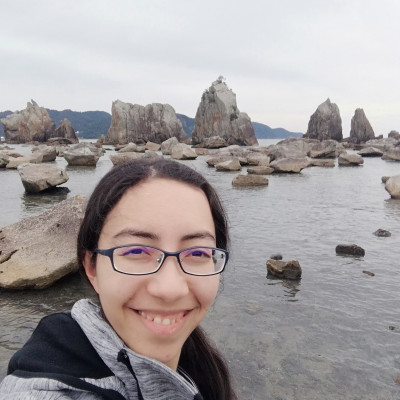
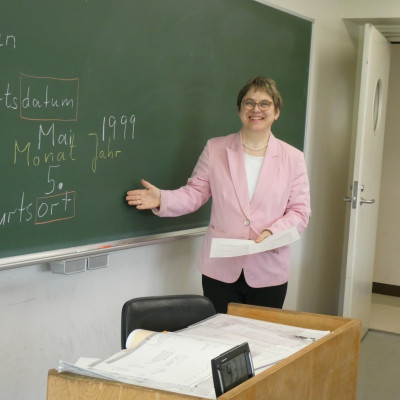



Towards PanSIG2021 #185
A meeting to discuss next year's conference.
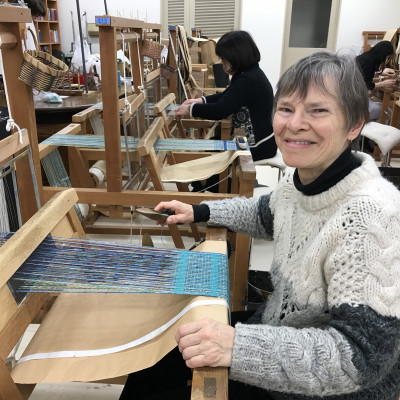


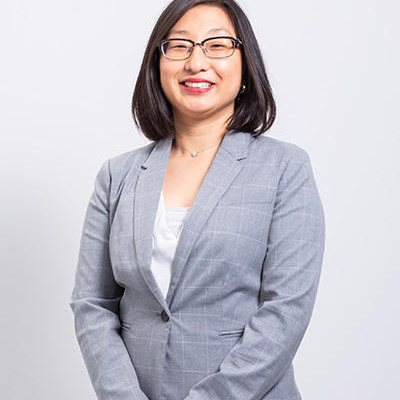



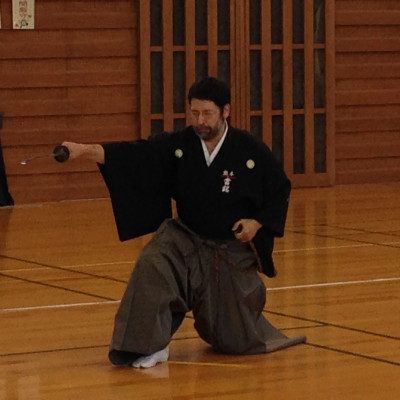


Closing Panel #202
Some closing comments about PanSIG2020 and looking forward to the next time we get together.